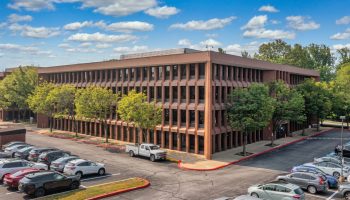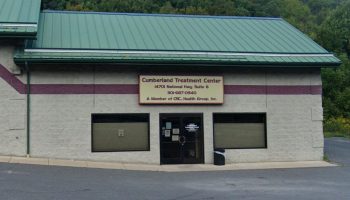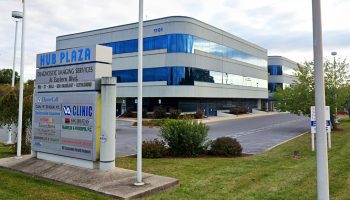About The Freedom Center Maryland Drug & Alcohol Rehab – Gaithersburg
Their office combines a mixture of residential and clinical features. There’s a communal kitchen and dining hall, meeting spaces with plush furniture, and an activities room. The walls are painted in a clean white, but it might look a bit too medicinal for those who prefer a homey atmosphere.
When patients are assessed and a treatment plan is recommended, they’ll either be placed in the outpatient program, the intensive outpatient program or the partial hospitalization program. Each level of care varies based on the time commitment required. The parietal hospitalization program is ideal for clients who are either not ideal for inpatient rehab or are stepping down from rehab.
The intensive outpatient program is a step down from PHP and allows clients more time to do other things, such as school or work. The standard outpatient program is a good transition option for those almost ready to enter the aftercare plan.
All of these programs will feature individual and group counseling as a part of the treatment plan. The main therapeutic approaches that counselors use at this facility are cognitive (CBT) and dialectical behavioral therapy (DBT). In addition to these evidence based treatments, patients can receive holistic treatments such as animal assisted therapy, acupuncture and life skills development.
The Freedom Center accepts private and public insurance for payment and will work to find payment options for individuals who don’t have insurance.
Levels of Care
-
Outpatient
In outpatient therapy, you’ll attend therapy sessions several times each week while living at home. This is ideal if you have a strong support system and a lower risk of relapse. Outpatient treatment offers flexibility to maintain work, school or family obligations.
-
Inpatient
Inpatient and residential programs provide round-the-clock medical and emotional support as you live at the treatment facility. This level of care may be recommended if you have severe addictions or mental health conditions since it removes outside distractions and allows you to focus solely on therapy.
-
Intensive Outpatient
-
Aftercare
Aftercare programs provide ongoing support after you complete a rehab program. They may include several components to help you maintain sobriety including therapy, community support groups and relapse prevention strategies. This gives you a network of resources as you reintegrate into your daily life.
-
Sober Living
Sober living homes provide a supportive and substance free environment for you to live in as you overcome your addiction. Residents must follow house rules and support each other's recovery journeys. Sober living fosters accountability and stability during this critical phase of recovery.
-
PHP
Partial hospitalization programs provide comprehensive treatment in a structured setting during the day but allow you to return home at night. These programs offer a balance of inpatient and outpatient rehab and provide intensive support without full time residency.
Programs
-
Adult (18+)
Adult programs address the substance use and life challenges specific to adults. Therapists can deliver sessions in individual, group and family settings. Services often include job support and life skills training in a structured environment.
-
Young Adult (18 - 25)
Young adult programs are designed for individuals who are transitioning into adulthood. Topics of discussion typically include identity, independence and peer relationships. Providers may also offer life skills training and career support.
-
Cognitive Behavioral Therapy
Cognitive behavioral therapy focuses on changing harmful thought patterns and behaviors associated with addiction. You’ll learn healthier coping mechanisms by identifying and replacing negative thoughts. This improves your emotional resilience and decreases your relapse potential.
Accreditations
-
 Joint Commission
Joint Commission
-
 LegitScript Certified
LegitScript Certified
Contact
202 Perry Pkwy
#5
Gaithersburg, MD 20877




